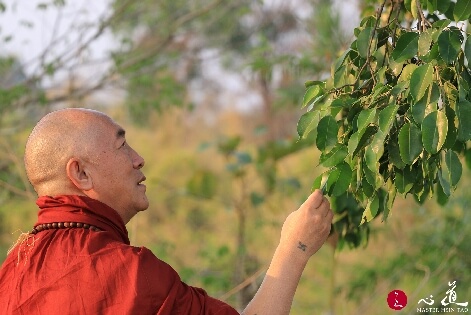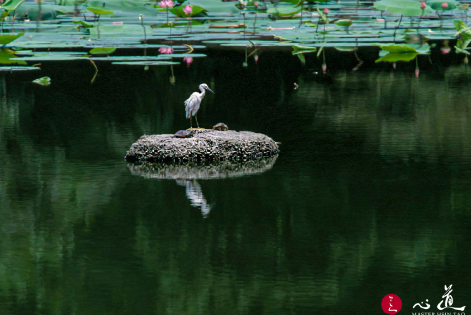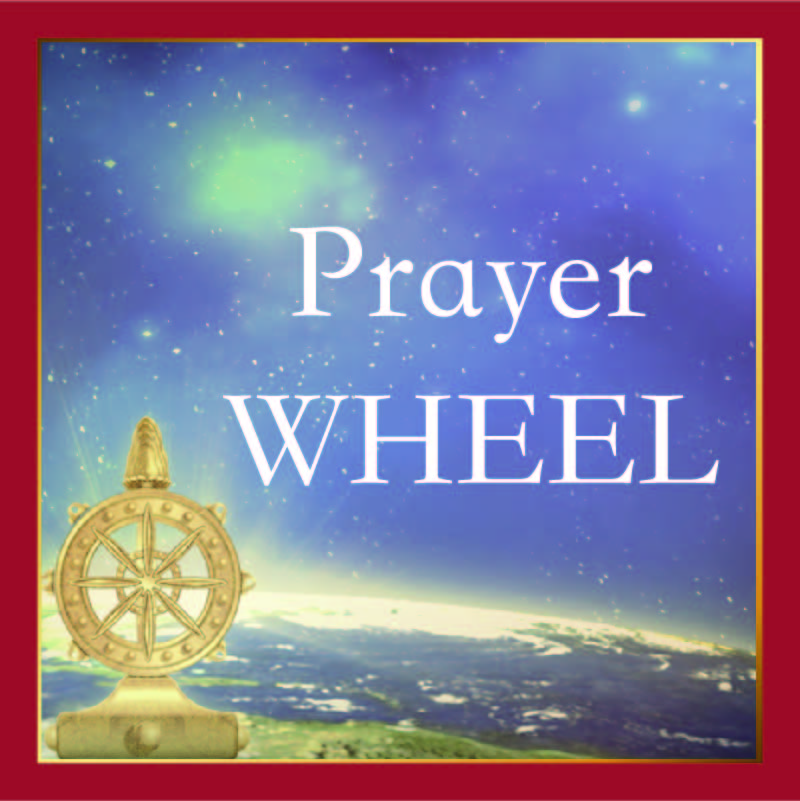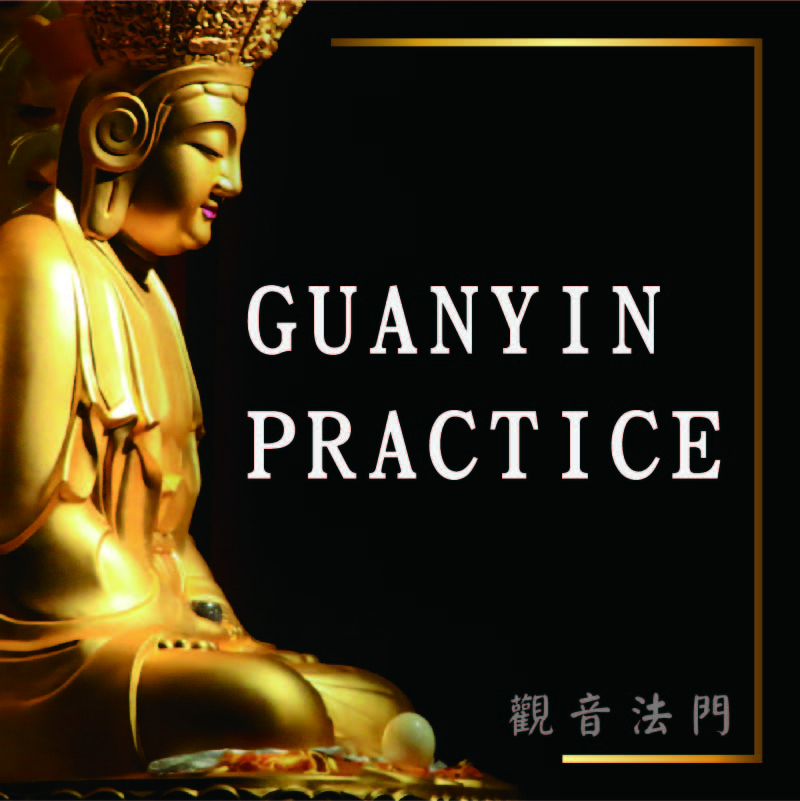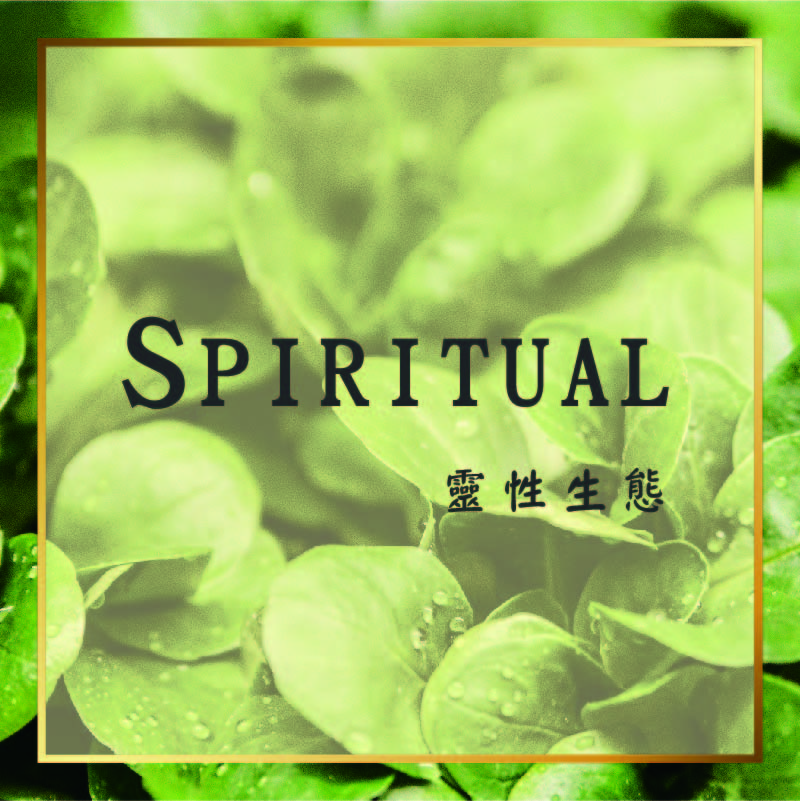
2021 PoWR: Spiritual Awakening and Mutual Support for Thriving
 On October 18, 2021, the eighth Parliament of the World Religions (PoWR) convened for the first time in a virtual format, bringing together religious communities from over eighty countries around the globe. It is our great honor and privilege to have participated in this international religious movement by sharing our vision of spiritual ecology at this significant gathering.
On October 18, 2021, the eighth Parliament of the World Religions (PoWR) convened for the first time in a virtual format, bringing together religious communities from over eighty countries around the globe. It is our great honor and privilege to have participated in this international religious movement by sharing our vision of spiritual ecology at this significant gathering.
Esteemed religious leaders, interfaith colleagues, and friends: greetings to you all. May peace and happiness be with each of you. At its most fundamental level, compassion means guiding all sentient beings away from suffering. At present—and for the foreseeable future—the most urgent and critical concern is the crisis of climate change and ecological devastation.
Across many of the world’s major religions, living beings are understood to share a common origin. When we settle the mind down, we can actually feel the deep interconnection among beings. Spirituality and ecology are not disconnected entities—they are intertwined and mutually sustaining. A Hopi elder once remarked: the transformations we see in nature are reflections of the harm that human beings have inflicted upon the Earth; these changes are nature’s way of purification and self-healing, like washing away filth or mending a wound.
From the decline of ancient civilizations to the ecological wisdom of indigenous people, we have many lessons to learn. Spirituality is all-pervasive; without returning to its origin, we cannot truly cherish or appreciate the ecosystem. Only by awakening to the spiritual state of mind can we address the complicated challenges of the environmental crisis and sustainable human development.
Let us take concrete steps toward resolving the ecological crisis through “spiritual awakening and cross-sector collaboration.” In this light, we propose three goals for cooperative action: First, all religions must unite to cultivate a collective awakening among the faithful—an awakening to the urgent need for ecological care. Drawing from each tradition’s tenets, we must promote sound ecological values and recognize the interdependent biodiversity and interconnectedness of the partnership between humanity and nature. At the same time, we must look inward, make amends for the destruction humanity has caused to the planet, and purify the seeds of conflict, hatred, and exploitation in our own minds.
We would also like to invite everyone to join us in the promotion of vegetarianism for loving Earth. Animal agriculture accounts for 20% of global greenhouse gas emissions, second only to the energy sector. It contributes not only to acid rain but also to the release of toxic gases through animal waste, endangering life and severely polluting water resources. This causes immense harm to both land and the broader environment. We call upon religious communities to lead by example—adopting and promoting vegetarianism as a constructive way of caring for the Earth, beginning with our daily meals.
 Second, we must identify and address the root causes of the problem. Scientists have already proposed numerous ways to protect and restore the Earth’s regenerative capacities. Most crucially, those responsible for ecological devastation must be come to awareness. The industries and sectors driving environmental harm must come to realize that they themselves will inevitably suffer the consequences of planetary collapse. They must face the reality of an existential crisis, rapidly transform, and proactively take action.
Second, we must identify and address the root causes of the problem. Scientists have already proposed numerous ways to protect and restore the Earth’s regenerative capacities. Most crucially, those responsible for ecological devastation must be come to awareness. The industries and sectors driving environmental harm must come to realize that they themselves will inevitably suffer the consequences of planetary collapse. They must face the reality of an existential crisis, rapidly transform, and proactively take action.
Third, the religious community must unite to stop warfare and abolish nuclear weapons. Nuclear warfare constitutes a point of no return in the destruction of our Earth. While the damage caused by conventional military or economic means may still leave room for recovery, the activation of a nuclear weapon leaves no victor—only annihilation. For the sake of humanity’s survival and the safety of all interconnected partners in the ecosystem, we must use the full power of religion to prevent nuclear war and denounce even the testing of nuclear weapons. This is a sacred mission of all religious traditions.
The Earth is an organic, living system, composed of the elements of earth, water, fire, and air, harmoniously interwoven into a dynamic ecological network that nurtures all forms of life. Yet, human beings, through their insatiable drive for exploitation, have drained the very blood, vitality, and spirit of Mother Earth. In response, the Earth eventually initiates acts of self-preservation and recovery. Whether it be the climate, oceans, mountains, land, animals, or plants, each part of nature participates in a symbiotic and nurturing relationship. The balance of the seasons enables the cycle of regeneration to continue. But when species lose their reproductive viability and the genetic reservoirs of life are depleted, the ecosystem falls apart, and the extinction of humanity becomes inevitable.
 All beings possess the same spiritual essence and appear within the cycles of ecology. Humanity must relinquish its arrogance and the illusion of superiority. By recognizing the interdependent coexistence of all beings, we can weave a living network of love and spirituality. Awakening to the truth that spirituality is ecology is a manifestation of compassion. This brings peace and the hope of sustainability.
All beings possess the same spiritual essence and appear within the cycles of ecology. Humanity must relinquish its arrogance and the illusion of superiority. By recognizing the interdependent coexistence of all beings, we can weave a living network of love and spirituality. Awakening to the truth that spirituality is ecology is a manifestation of compassion. This brings peace and the hope of sustainability.
Thank you all for your kind attention. Religion can be a unifying force, fostering shared understanding and contributing to global peace and harmony. May this conference be a great success. May peace prevail in the world, and may the Earth enjoy lasting sustainability.



